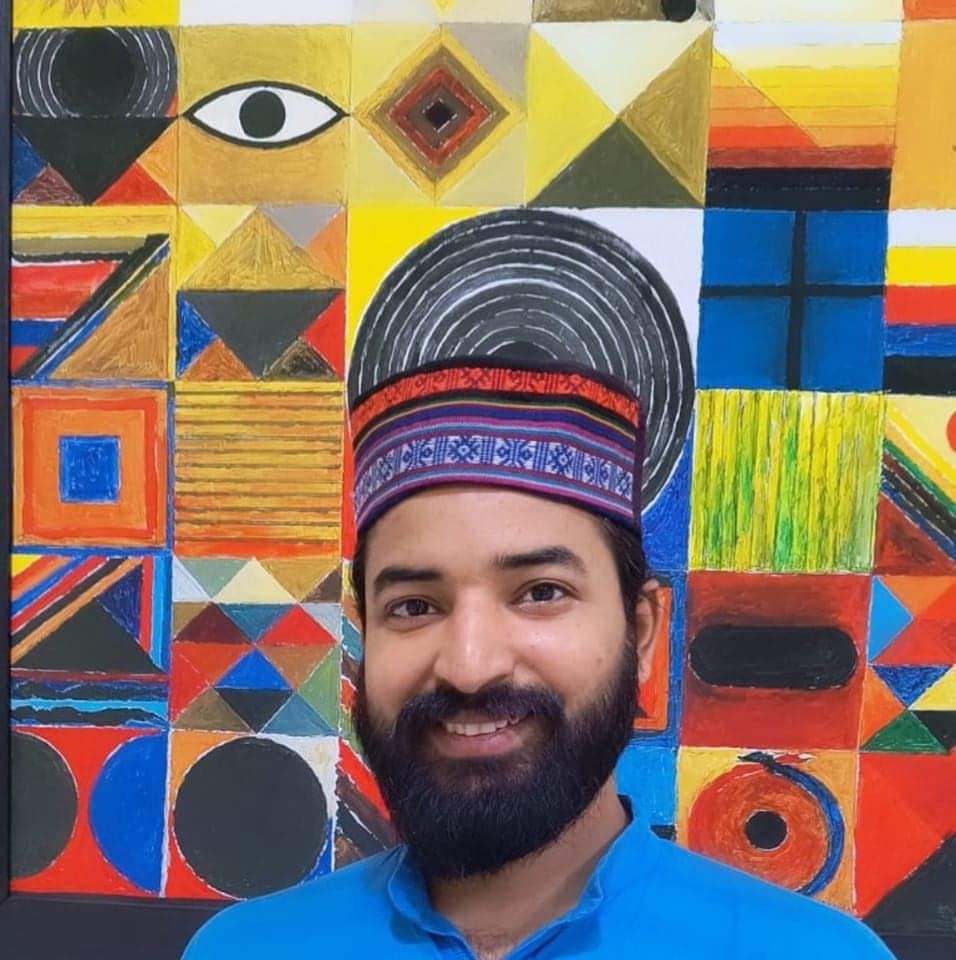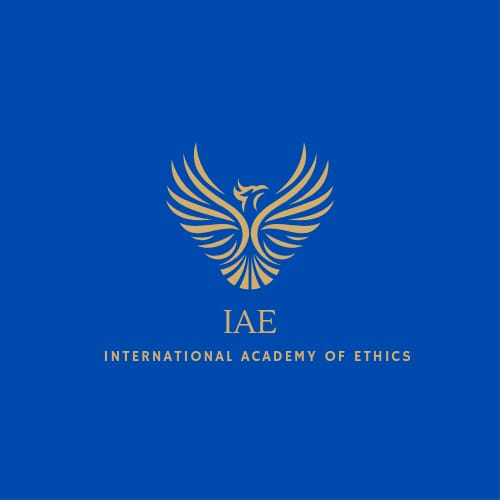Randhir Kumar Gautam

Education, science, and the arts both explore and are dedicated to the pursuit of truth. Is our education such that it explores and adheres to the truth?
Vinoba Bhave once said:
“If a teacher leaves his position to become a president, who is greater?
And if a president leaves his position to become a teacher, who is greater?”
If we are to speak the truth, we are a nation of hypocrites. We adhere to and display hypocrisy more than we practice religion. Everyone has his own hypocrisies, his own rigidities, and his own narrow-mindedness. It seems that the education of democracy has made us less liberal and more rigid. We sometimes take pride in our culture, boast about our Indianness, and try to present ourselves as the most civilized country in the world, considering ourselves children of nature. We claim yoga as our own, we claim Ayurveda as our own, we take pride in our Vedic and Upanishadic traditions, and our history, but what are we ourselves? Either imitators and slaves of Euro-American civilization or victims of our own crudeness and hypocrisy.
We have not devised an education system that from the very beginning teaches our children, adolescents, and youth that education without reason, reflection, and behaviour has no meaning. Education that does not provide opportunities for thinking, that does not lead from thought to creation, that does not take creation towards sensitivity, and that does not direct sensitivity towards society and the public—such education cannot impart human values, nor ethical, national, and social values.
For us, thinking is often seen as a kind of exercise or burden. As a result, we rely on the thoughts of others to get by. Those whose civilizations we criticize have created their education systems, built their nations, fostered national pride, dedicated themselves to their work, and learned to respect their people. However, we have not made education a subject of self-reflection and self-evaluation. As a consequence, we engage in many actions without the discernment of right or wrong, which not only harms us but also troubles society.
During his time in Africa, Gandhi observed that the people there spoke a lot of lies. Isn’t that the same truth that applies to us today? The extent of our civility, despite our education, can be gauged by the behaviour in police stations and offices. Education, which should be the mother of civilization, politeness, and decency, often falls short in the interactions between teachers, professors, and students.
In the Western world, which we criticize, governments and parliaments make rules and laws that they themselves follow, and the public adheres to them as well. In contrast, our education system has produced lawmakers who are often the first to break the law or misuse it. When a responsible representative in our country is not even disciplined by democracy and does not respect democratic norms, what can we expect from the general public?
Since every type of law is broken at every level here, corruption also pervades all levels and types. Have we managed to educate our police to speak civilly to a citizen, to regard a rural and uneducated person as a respectable citizen of the country? Here, even someone who speaks English gets a bit of respect everywhere, but there is no one to listen to our sorrows and joys in our own language. Such insensitivity in education has continually diminished the power of thought.
Both the Kauravas and the Pandavas were educated and had the same teachers, but the Kauravas chose to use their intellect and thinking for arrogance and the pursuit of power. Whenever a person begins to see themselves as greater than power and people, their arrogance blinds them and leads to their own downfall.
Arrogance of Ignorance
A unique feature of our country is that here, the arrogance of knowledge is less prevalent, while the arrogance of ignorance is more prominent. There is less self-respect born from dedication to work and duty, and more pride in idleness and shirking responsibility. Those involved in government work often view doing nothing or complicating tasks as a mark of superior intellect.
Here, some people love temples, others love mosques and shrines; some have a fondness for the teachings of ‘madrasas’, while others cherish the education from ashrams. If the essence of education is love, the essence of religion is love, and the messages of religious texts and great figures are about love, then why is there so much hatred in the name of religion, temples, and mosques?
Education and Freedom of Thought and Reflection
No matter how much a school or college boasts about its superiority and excellence, producing students who achieve high merit and first-class distinctions, if education does not allow for freedom of thought and reflection, and if there are no opportunities for proper use of self-awareness, what value is there in freedom of questioning and dialogue? If we celebrate our freedom by hoisting flags and singing the national anthem, then we should also respect the flag and honor the anthem.
If we, born and raised on this land, educated here, earning our livelihood here, and freely practicing our religion, feel ashamed or restricted by religious prohibitions when it comes to singing the national song of our land, it means we have lost the very essence of being human, being democratic citizens, being compatriots, and loving our land. It can be said that God or Allah is not confined to any specific place but is everywhere. If every good action we do is considered an act of worship, then singing the national song of our country is also an act of worship. When such tolerance is cultivated in the name of religion or faith, it will show that education has indeed taught us to think correctly.
Surface Loyalties lacking conviction
A person who engages in original thinking, reflects deeply, studies seriously, constantly experiments, and questions themselves will inevitably create something new. Marxists worship Marx with the same religious fervor, but do Marx’s thoughts and their understanding of them align? There was a Marx who formulated a philosophy of struggle and conflict in the world, and then there are those of us who, in his name, only wave red flags and display symbols of the hammer and sickle. Can this be called Marx’s economic egalitarianism?
If an ideology does not teach us to love our own country, its people, its customs, our own traditions, and our own land, and only preaches that the whole world is one, then one should first achieve unity within oneself before trying to unify the world.
Education and the Mafia
We have turned education into a means of benefiting three types of powers: one for tax evaders and mafias, one for examination boards, and one for textbook publishers. Those who design curricula and write textbooks seem to create books according to their own preferences, perhaps for their own benefit. If children, despite having access to a wide range of books from around the world, manage to make discoveries or think creatively outside those books, it demonstrates that these textbooks are more tools for constraining minds than for expanding them.
This deterioration in thinking is because the education that arrived in our country 200 years ago did not emerge from our own thinking. We are still following that same tradition today. Now, thinking is done in Delhi, but learning happens in places like Darbhanga. The values are determined by those in Delhi, while those who are expected to uphold these values may already possess values that are better than those imposed upon them.
Now, we seem unwilling to leave anything open in education. Traditional subjects are already established, and now there’s a push for teaching everything from traffic management, disaster management, and relief work to health, hygiene, firefighting, environmental issues, civic and moral values, consumer rights, right to information, human rights, women’s and children’s rights, and so on. If all these topics are crammed into textbooks, what will children or youth learn from life and experience?
Lack of Originality and Imagination
Copernicus, Galileo, and Newton did not learn from textbooks that the Sun is at the center and the Earth revolves around it, or about gravitational attraction. What they learned from books was the opposite. When Swami Vivekananda went to Chicago, no one taught him how to address the audience there; he thought for himself and acted accordingly.
Gandhi brought forth the power of truth and non-violence from his experiences and self-created values, so much so that the power of empire and weaponry was brought to its knees. Even Bhagat Singh, despite being a prominent revolutionary, believed in Gandhi’s principle of non-violence. When he and his associates threw a bomb in the Parliament, they targeted the empty space to ensure no one was harmed. This was the result of their power of thought.
Whether it is Pythagoras’s geometry, mathematical principles, Plato’s or Aristotle’s poetics, or the poetic and literary works of our ancient scholars, none of this originated in schools or colleges. It all emerged from the realms of thought, reflection, and imagination and spread across the world.
A society formed through education in thinking, reflection, and contemplation becomes self-aware, self-reliant, and self-respecting. True self-esteem from education arises when we create and explore so much that we produce many individuals like C.V. Raman or Rabindranath Tagore, or even a Shankaracharya or Chanakya from within ourselves.
The renowned Latin American sociologist and educator Paulo Freire considered education to be a practice of liberation, while Ivan Illich advocated for the dismantling of schools, arguing that traditional schooling represents a form of mental conditioning that stifles independent consciousness and opportunities for critical thinking.
Education cannot be separated from ethics. At present, we are teaching education in a moral vacuum. And the results are obvious. We are creating great professionals who are puny human beings, whereas education’s first priority should be creating great men of character. The International Academy of Ethics is engaged in this great task focusing attention on the ethical content in education. They have written to the UGC that Ethics should be one of parameters to judge the institution for NAAC accreditation.
If we want to connect education with thinking, we must first consider whether education can create a thoughtful society before designing alphabets, numbers, books, and exams. Is it that education generates thought, or is it that thought generates education?
Randhir Kumar Gautam
Gandhian School of Democracy and Socialism,
ITM University, Gwalior.
